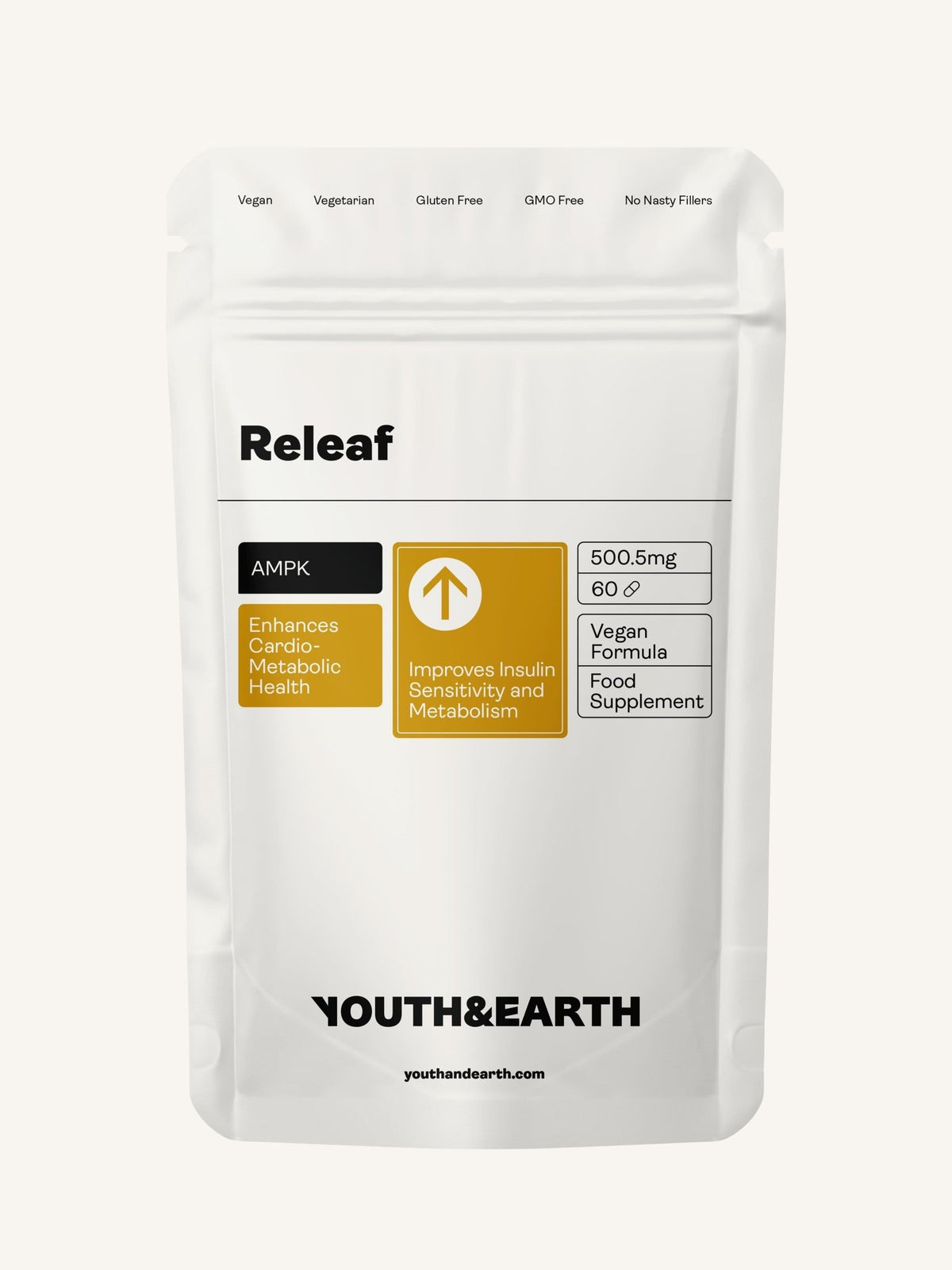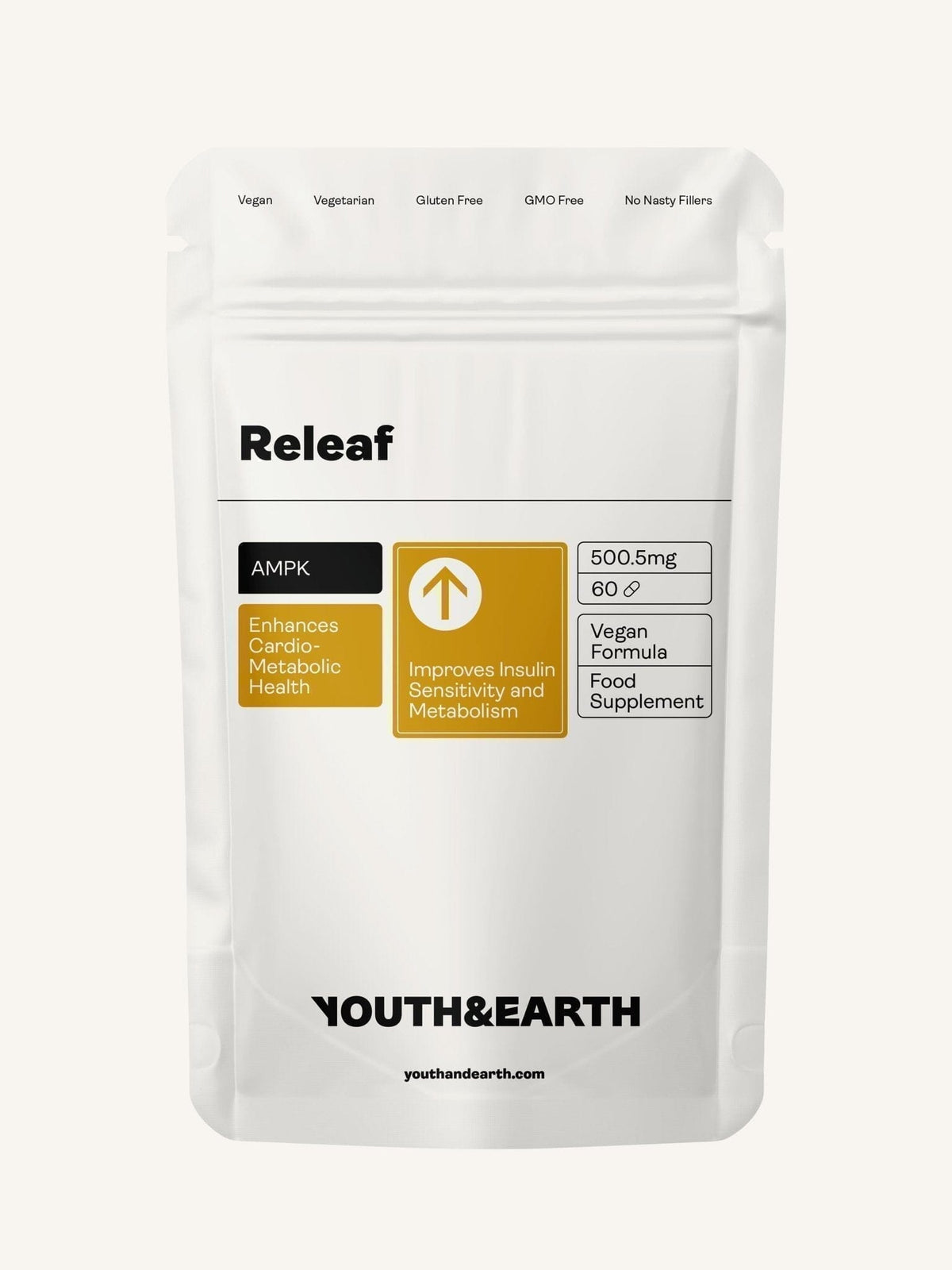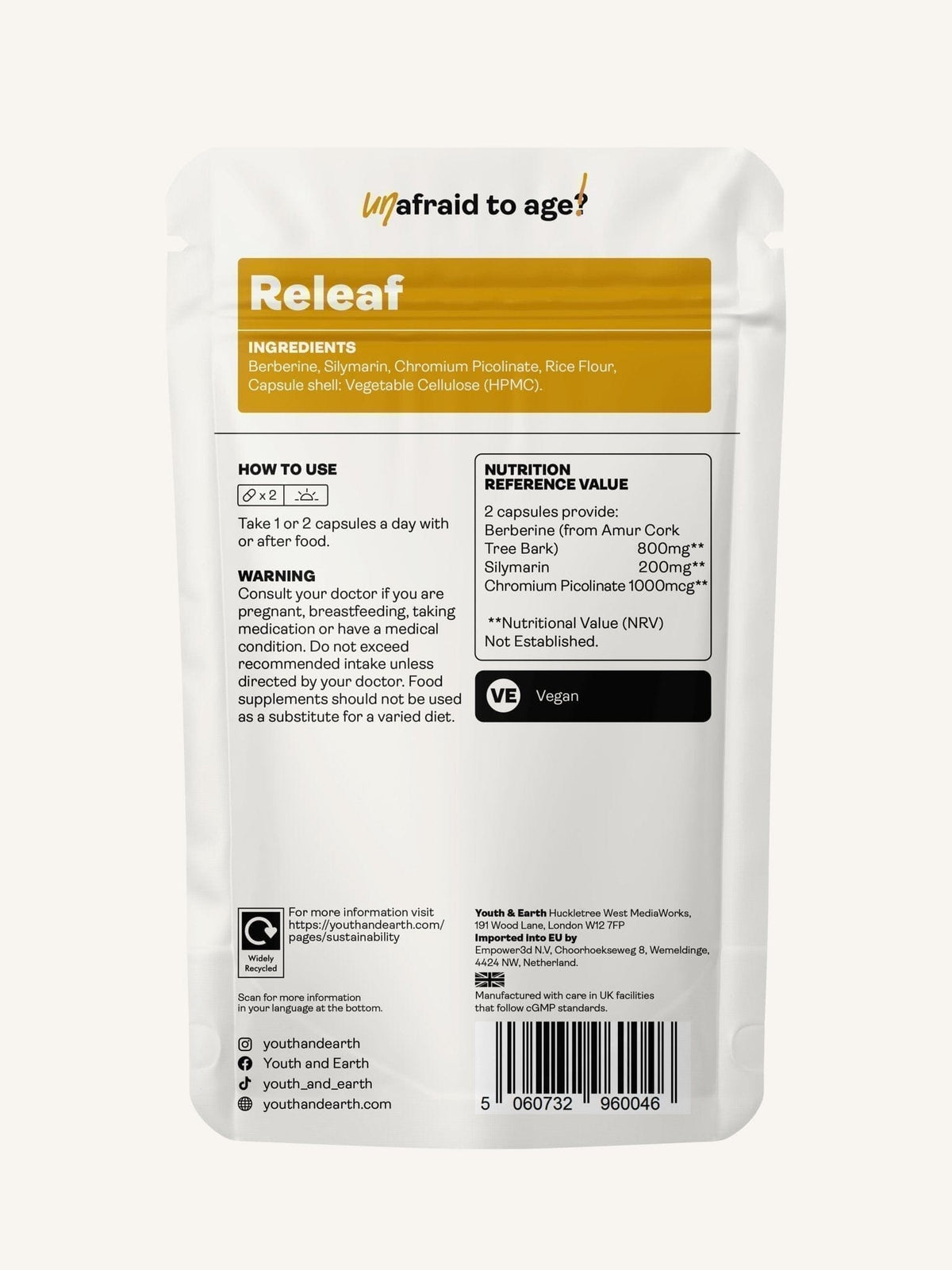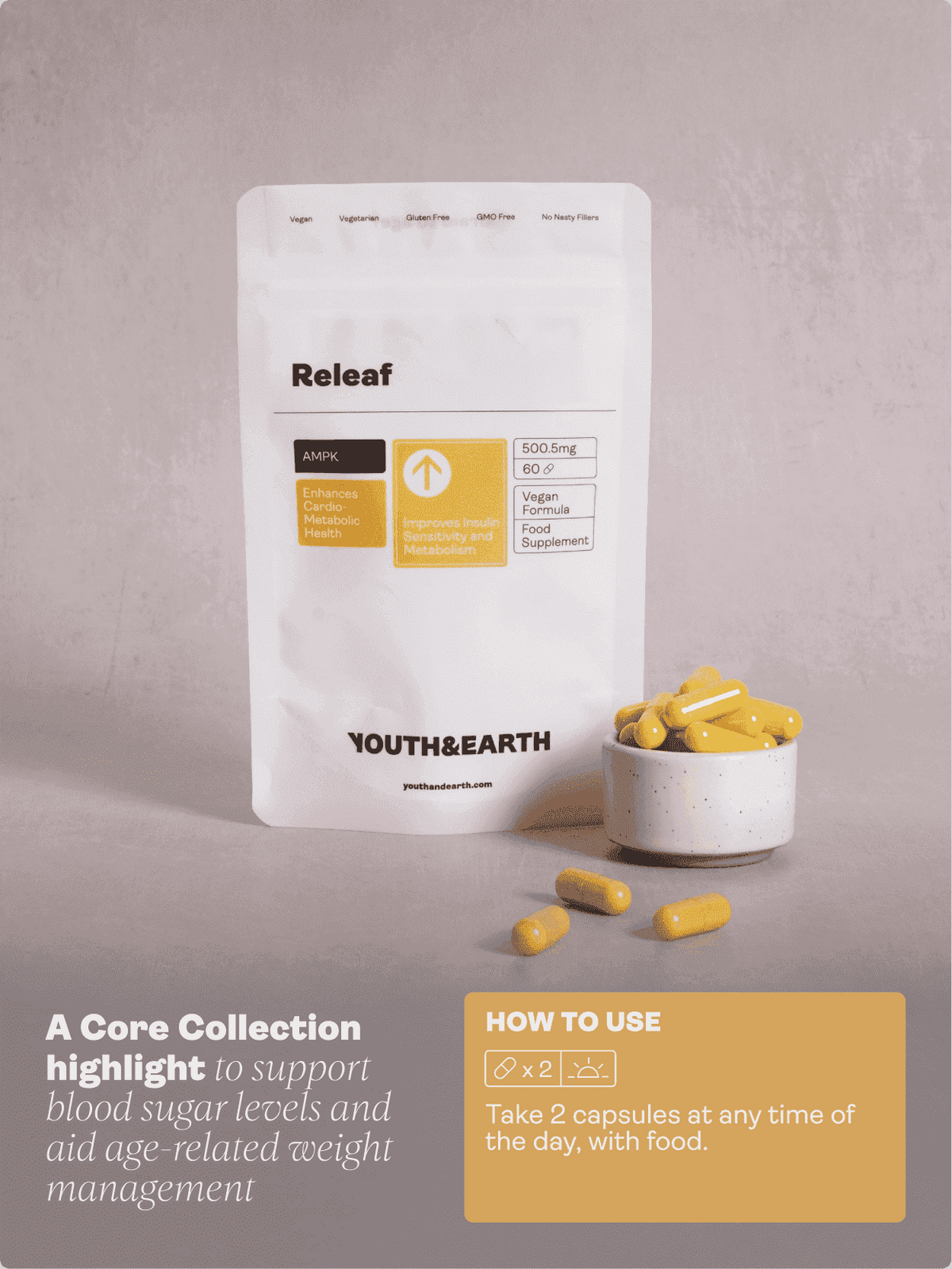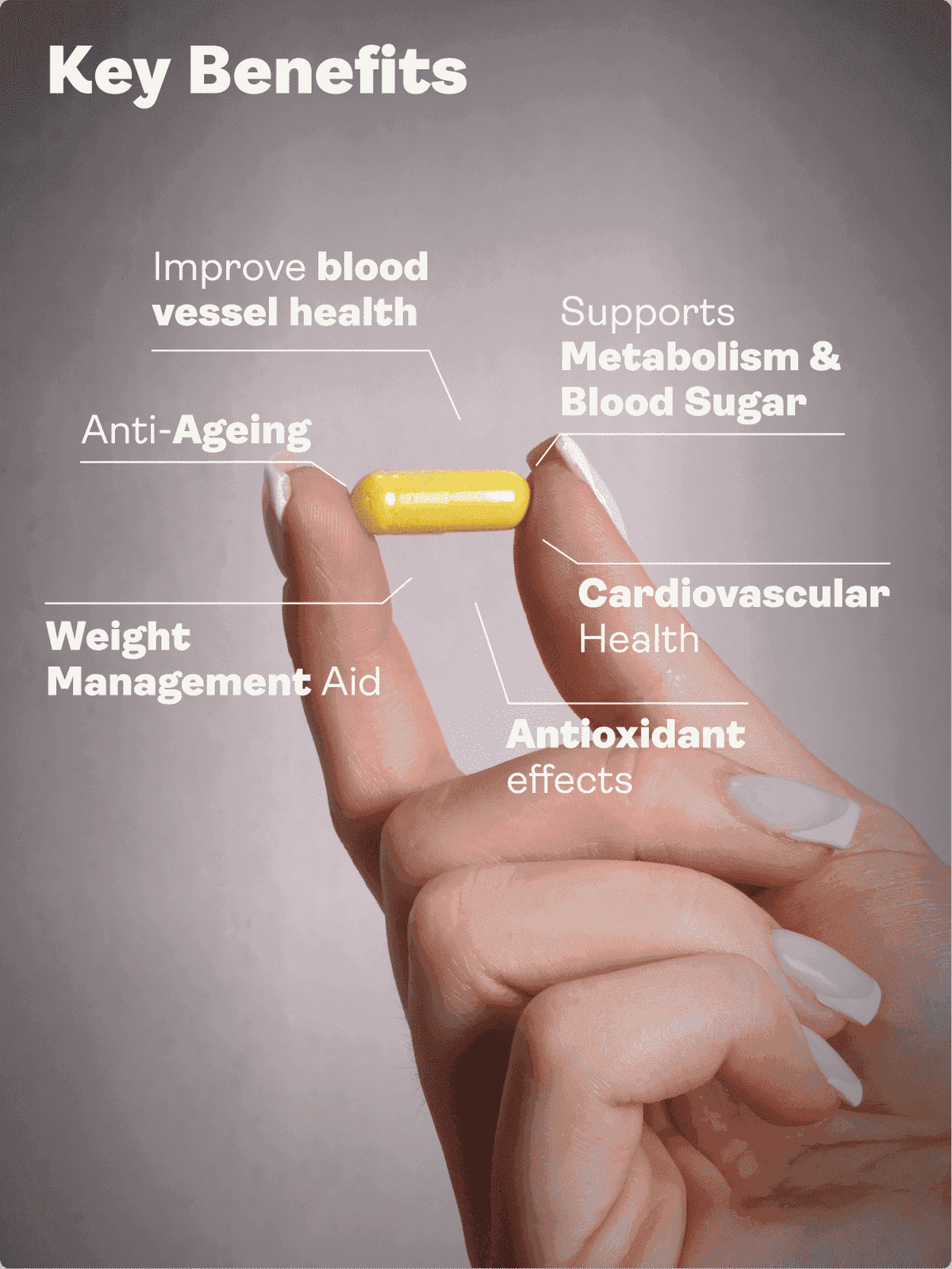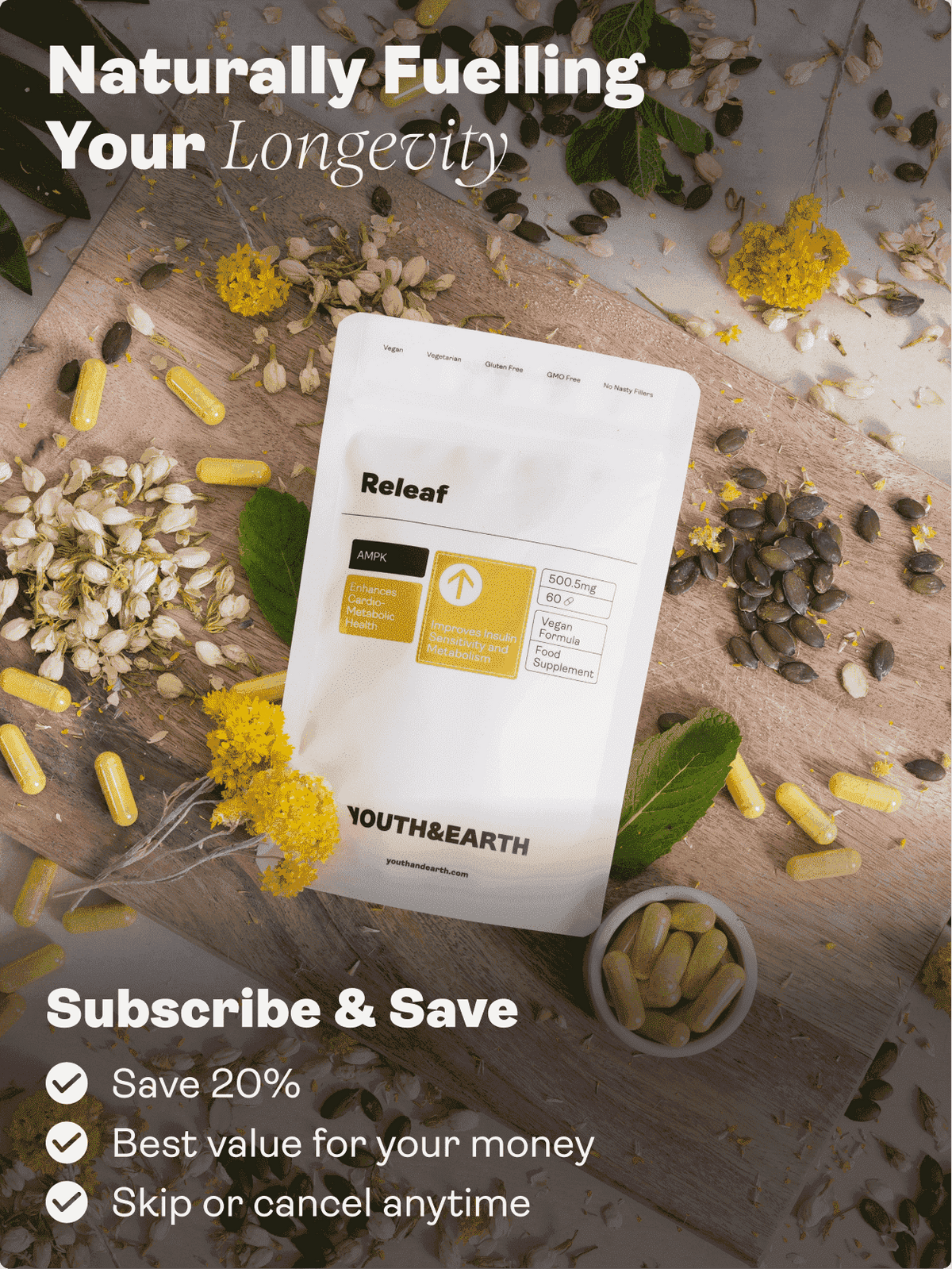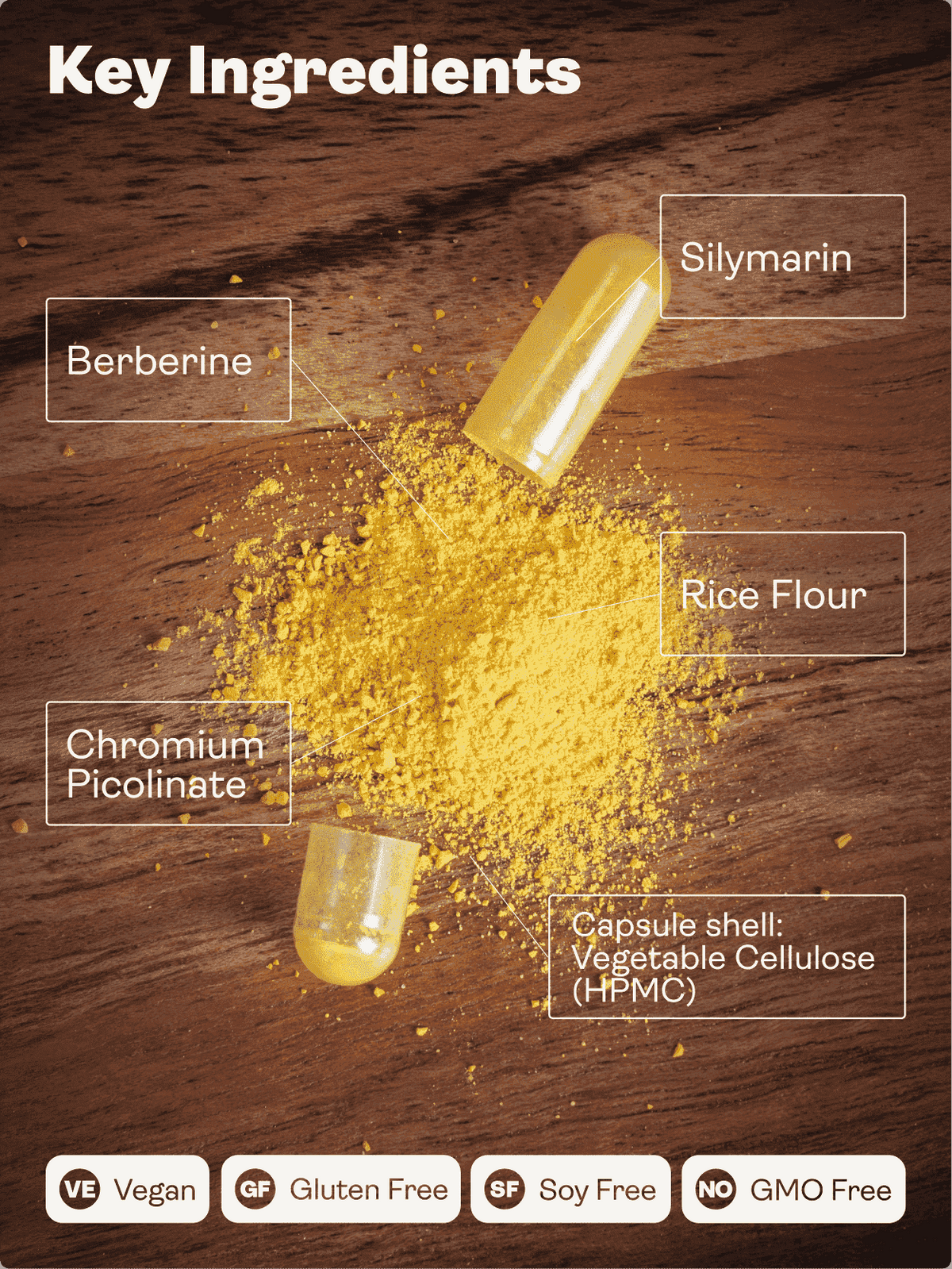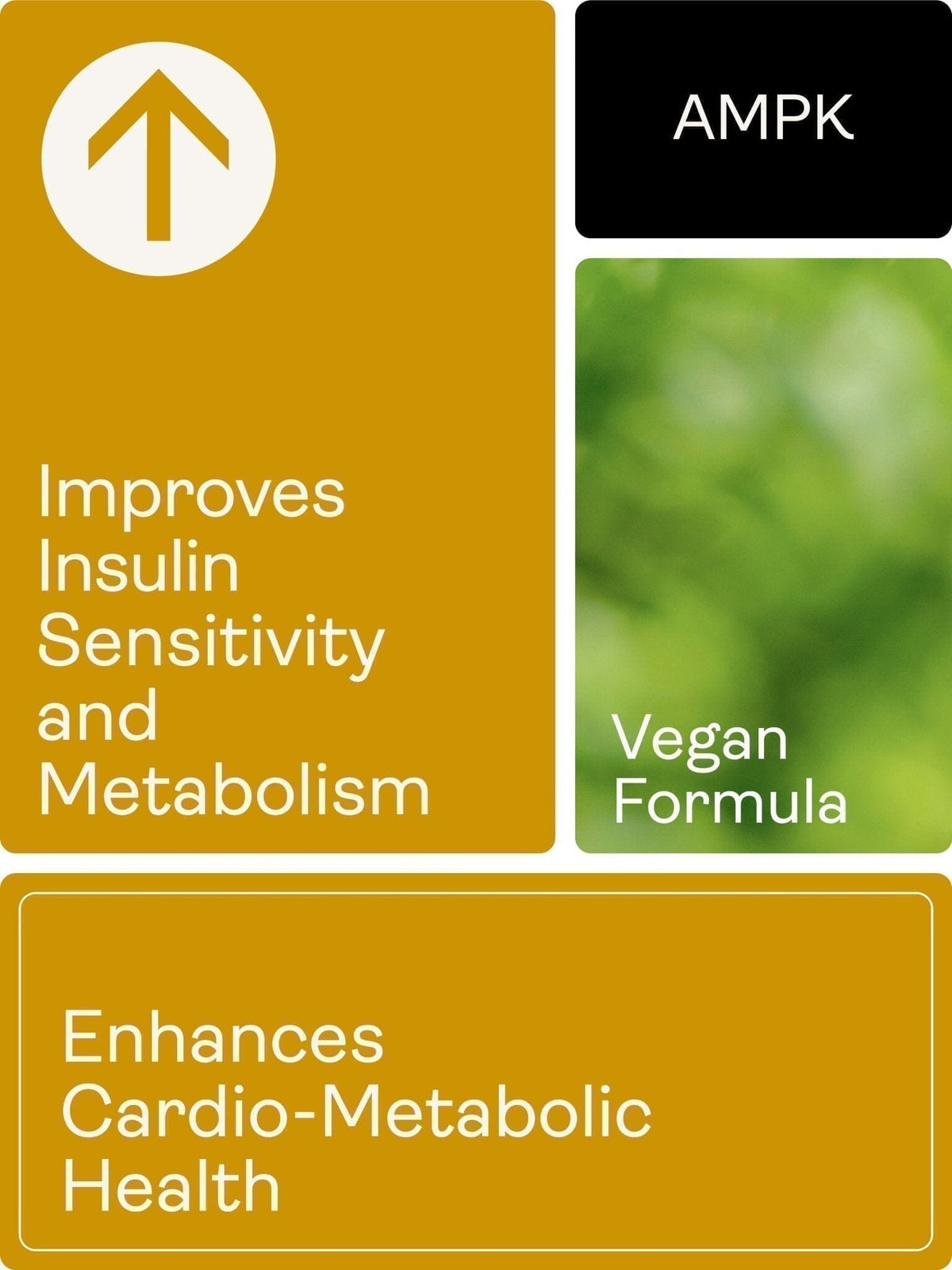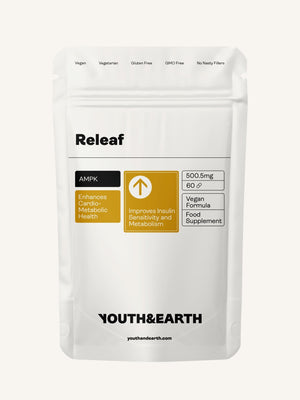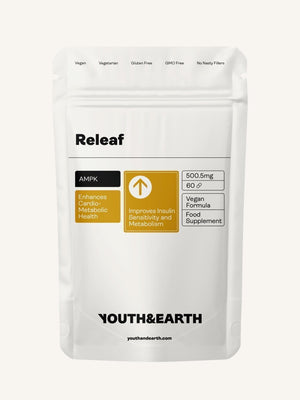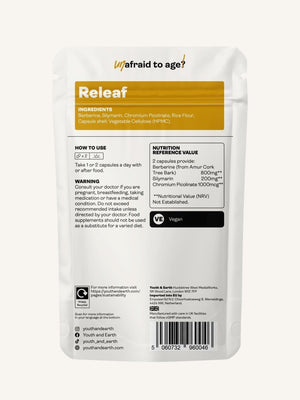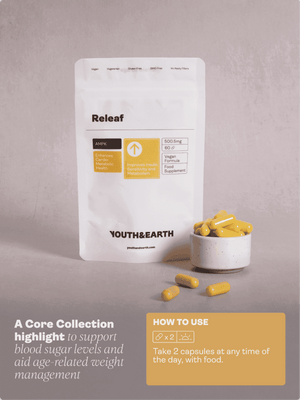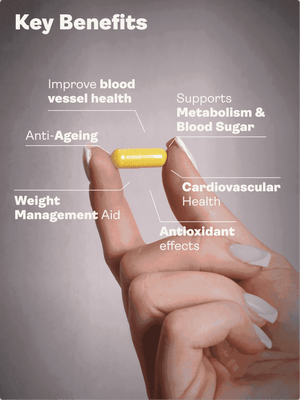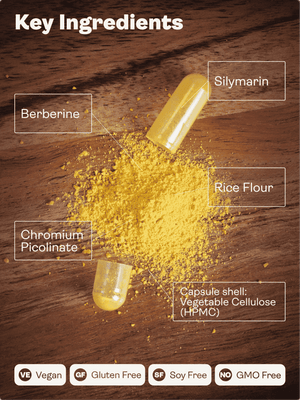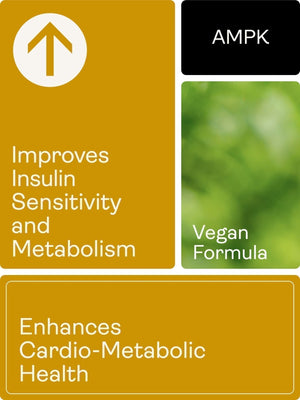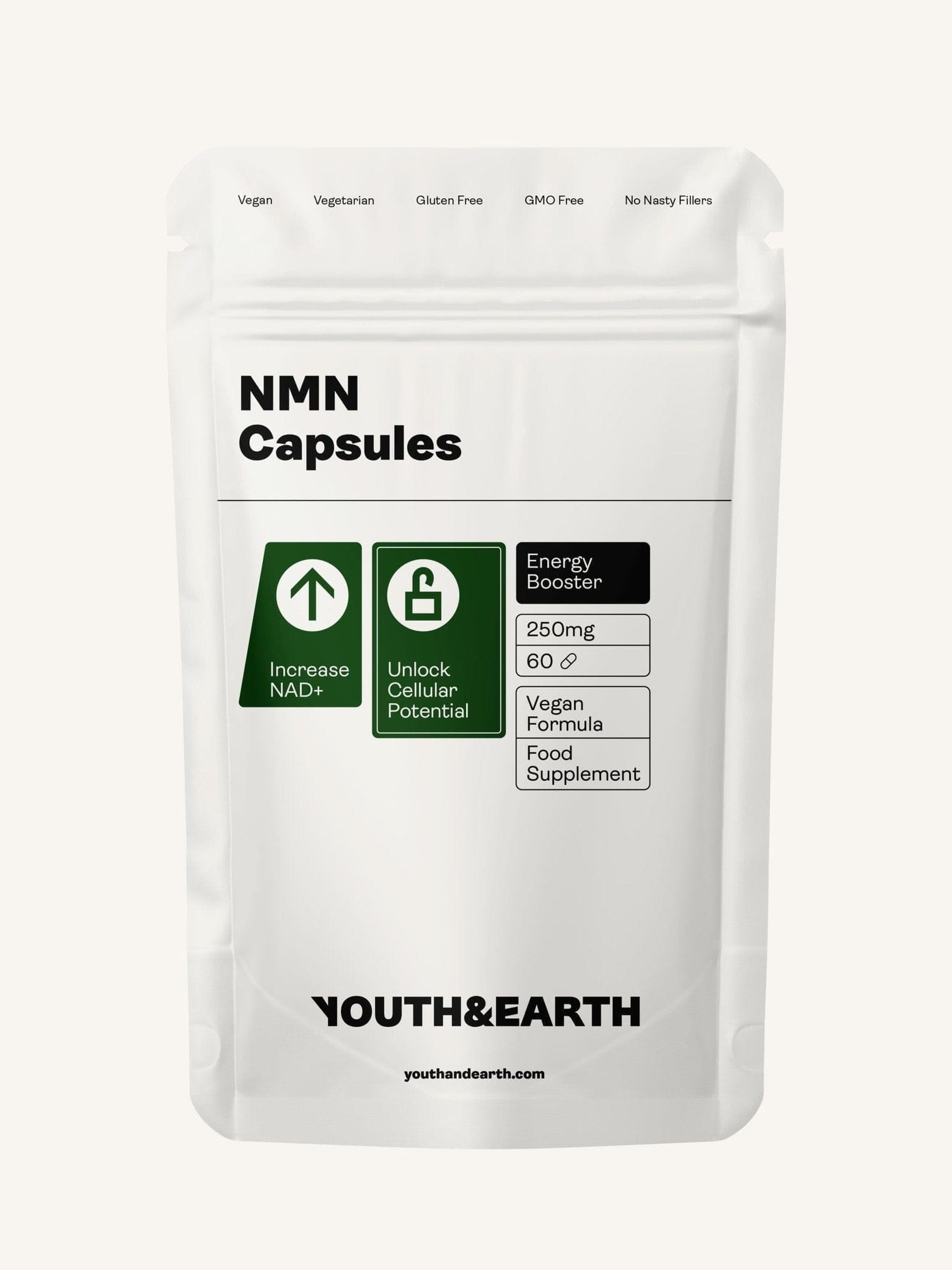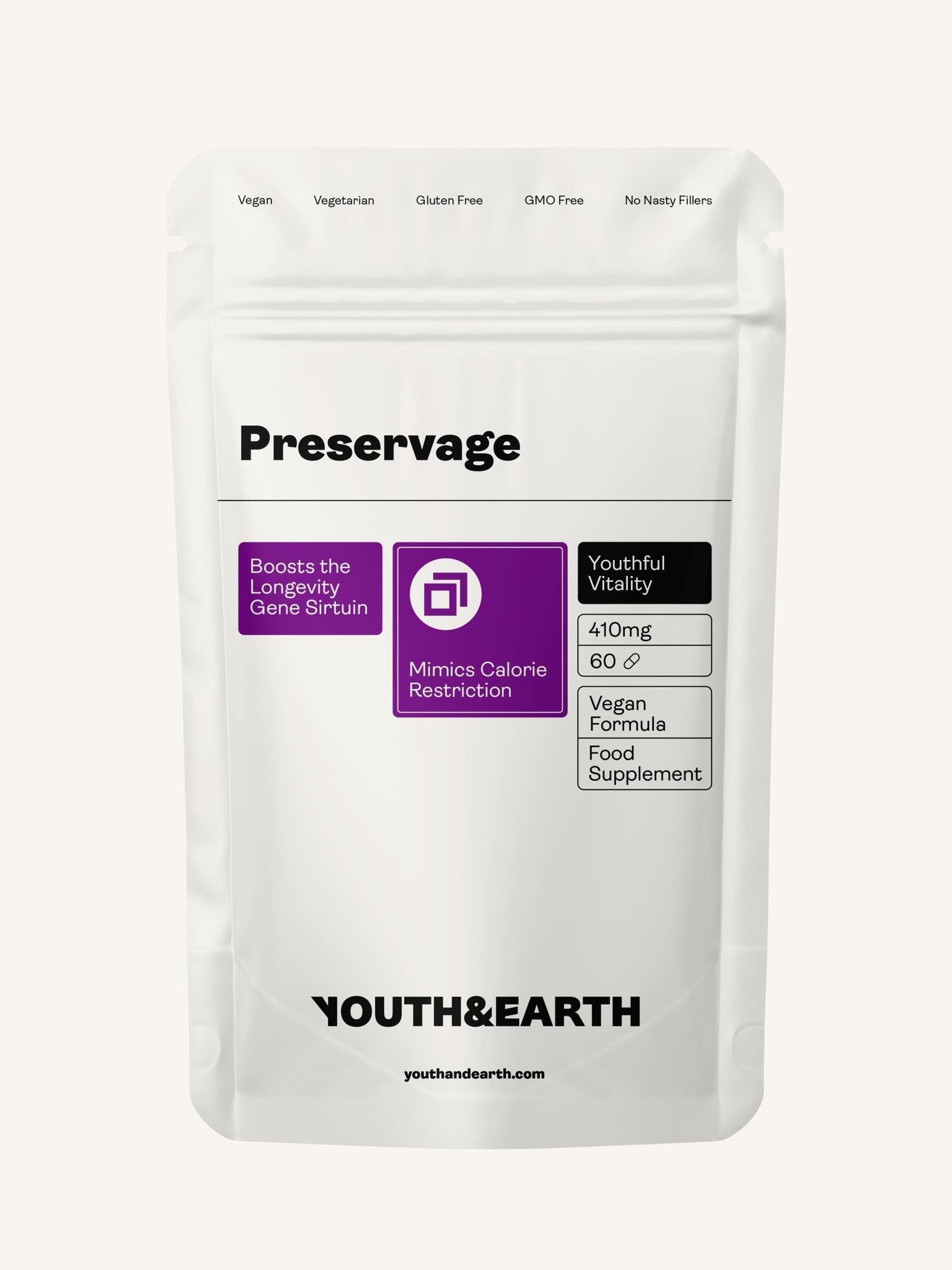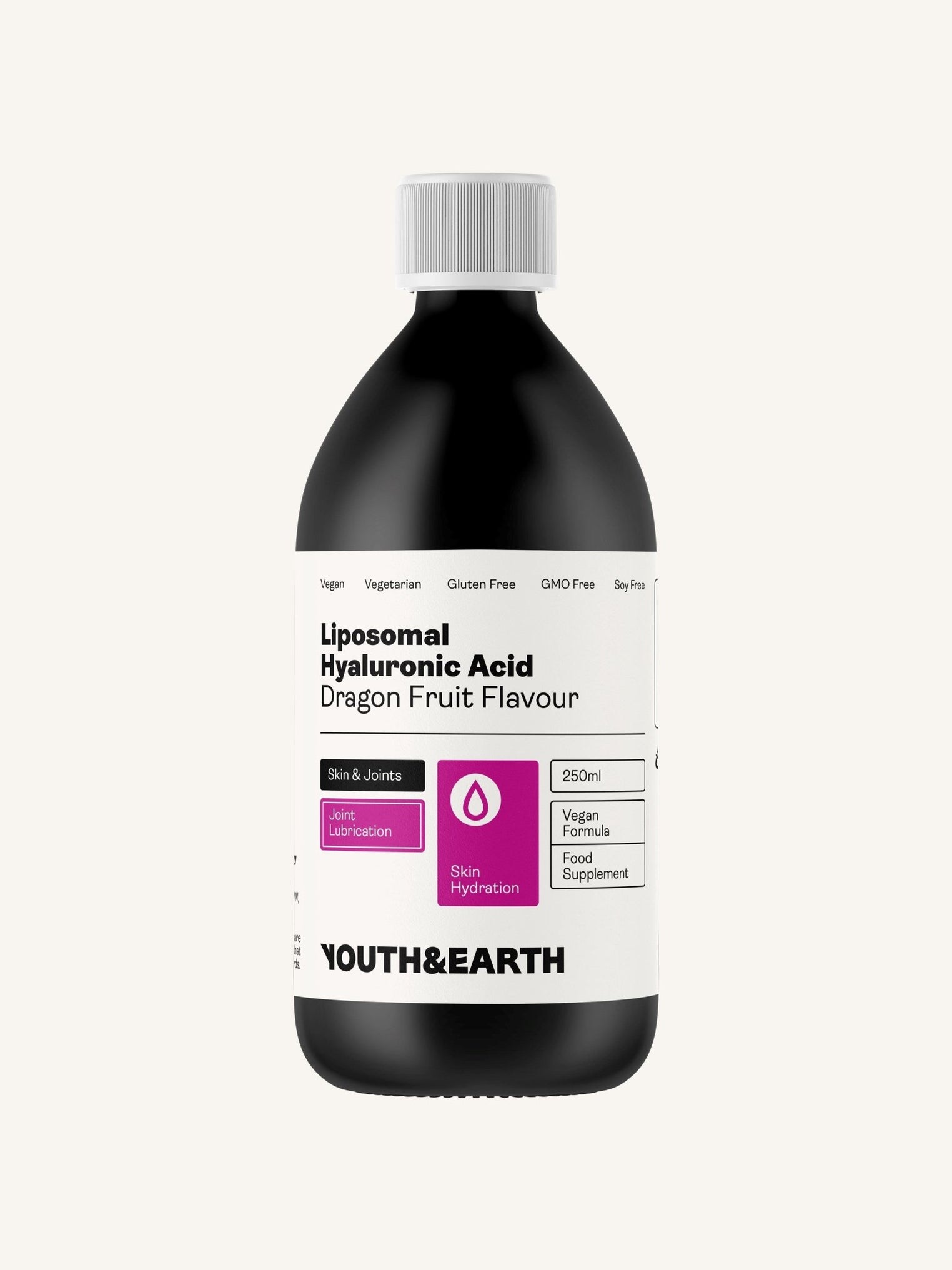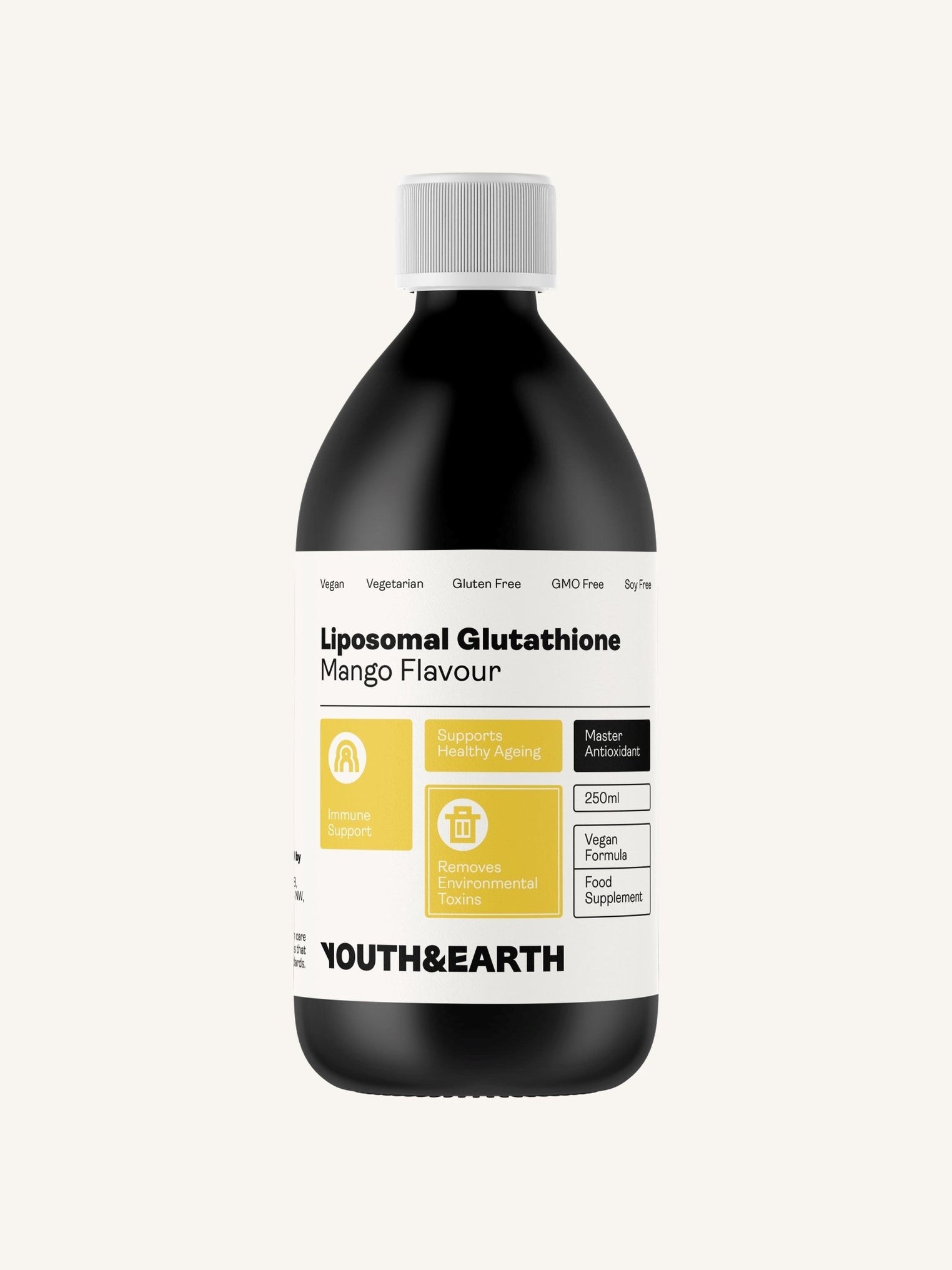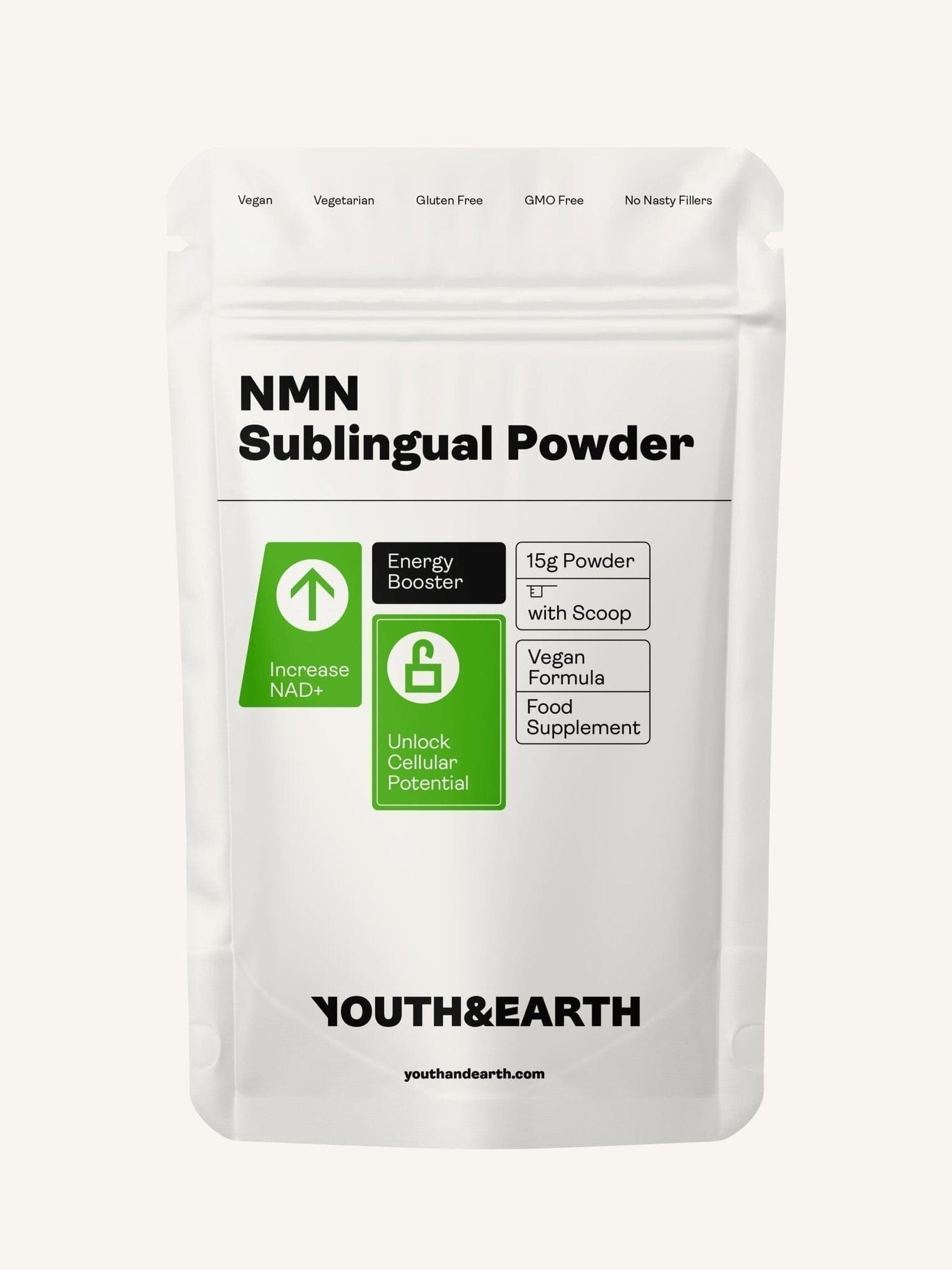O nosso corpo precisa de açúcar para funcionar e é o combustível de que necessitamos para funcionar eficientemente. Então, porque é que é tão mau para nós? A resposta está nos açúcares adicionados, ocultos e em excesso que ingerimos diariamente e que podem causar uma série de doenças crónicas associadas ao envelhecimento.
Excesso de açúcar - Porque é que é mau?
O excesso de açúcar perturba o equilíbrio da insulina e de outras hormonas essenciais para a manutenção da nossa saúde. Desencadeia inflamações em todo o corpo, faz-nos ganhar peso em excesso e aumenta as hipóteses de desenvolver doenças crónicas como a diabetes, a doença do fígado gordo e as doenças cardíacas.
Graças ao açúcar oculto e ao açúcar adicionado, consumimos demasiado diariamente. Para colocar isto em perspetiva, todos os dias pode estar a consumir, sem saber, pouco mais de ½ chávena de açúcar que é bombeado diretamente para o seu sangue, causando inflamação em todo o seu corpo. Este artigo irá analisar alguns dos problemas de saúde causados pelos açúcares adicionados.
Se estiver interessado em saber quais outros fatores causam o envelhecimento precoce, leia: Os três fatores que causam o envelhecimento precoce
Quais são os diferentes tipos de açúcar?
A investigação identificou que o açúcar "adicionado" e o excesso de açúcar de qualquer tipo podem ter efeitos adversos no nosso organismo. Estes são alguns dos diferentes tipos de açúcares que podemos encontrar nos alimentos que comemos todos os dias.
Álcool
O álcool é uma forma de açúcar, também conhecido como etanol, que é produzido a partir da fermentação do açúcar com levedura. Oitenta por cento do etanol é processado no fígado, que o converte em açúcar. Isto significa que quando o álcool é consumido em excesso, existe um risco acrescido de desenvolver um fígado gordo, uma vez que o excesso de açúcar é convertido em gorduras.
Glicose
Esta é a fonte de energia preferida do nosso organismo. É convertida em energia pela insulina. O excesso de glicose é depois armazenado como triglicéridos nas células adiposas.
Sacarose
Trata-se de uma forma de açúcar que se encontra no açúcar de cana. O açúcar que usamos para o nosso café ou chá matinal. Contém 50% de frutose e 50% de glucose.
Frutose
Este é um açúcar importante encontrado em frutas e cereais como o milho. Normalmente, quando comemos uma peça de fruta inteira, as fibras naturais abrandam a rapidez com que este açúcar entra na nossa corrente sanguínea. O perigo surge quando não existem fibras naturais. Por exemplo, beber sumo de fruta, utilizar frutose como adoçante e comer produtos feitos com xarope de milho rico em frutose (HFCS).
O xarope de milho rico em frutose (HFCS) é açúcar processado a partir do milho. Em comparação com o açúcar branco, o HFCS é mais barato e mais doce. É um ingrediente presente numa variedade de produtos transformados, desde os refrigerantes à maionese e até à fórmula para bebés.
No entanto, este açúcar não causa um pico de insulina como outros açúcares. É facilmente absorvido pelo organismo e processado no fígado. O fígado pode ficar sobrecarregado e transformar a frutose em gordura, que se acumula ao redor do fígado e pode eventualmente causar doença hepática gordurosa não alcoólica (NAFLD).
Para além de acumular gordura no fígado, o excesso de frutose pode reagir com as proteínas e provocar glicação, que é um fator de predisposição para as cataratas e a insuficiência renal.
Outro perigo deste açúcar é o facto de também não estimular a leptina. Esta é a hormona que sinaliza ao seu cérebro que está cheio. É um sinal natural que nos diz para parar de comer e que já comemos o suficiente. Quando este sinal não funciona, acabamos por comer mais do que realmente precisamos, o que pode resultar no aumento de peso e, eventualmente, na obesidade.
Como é que o excesso de açúcar pode levar a um fígado gordo?
Um fígado gordo é um fígado que tem demasiada gordura à sua volta e no seu interior. Se formos saudáveis, teremos uma pequena quantidade de gordura no fígado. Mas uma quantidade excessiva pode tornar-se um problema de saúde grave, pois provoca uma inflamação no fígado que pode, eventualmente, danificá-lo de tal forma que provoca uma insuficiência hepática. Os cientistas e os profissionais de saúde identificaram quatro fases da NAFLD.
" Estima-se que 1 em cada 3 pessoas no Reino Unido tenha fases iniciais de NAFLD." - NHS
Fase 1 - Fígado gordo simples ou esteatose
Como já foi referido, o excesso de açúcar e, em particular, de frutose pode provocar uma acumulação de gordura no fígado e à sua volta. Esta é a primeira fase da NAFLD e é maioritariamente inofensiva. Mas, se não for controlada, pode progredir para a segunda fase, que é mais grave.
Fase 2 - Esteato-hepatite não alcoólica
Durante esta fase, a gordura à volta e no fígado provoca uma inflamação (hepatite). Se este estado de inflamação persistir durante anos, pode desenvolver-se a terceira e mais grave fase.
Fase 3 - Fibrose
Fibrose significa "tecido cicatricial" e é isso que acontece no fígado. A inflamação contínua provoca a formação de tecido cicatricial no fígado e nos vasos sanguíneos próximos. Embora seja grave, o fígado continua a funcionar normalmente, mas começa a deteriorar-se com o tempo.
Fase 4 - Cirrose
Esta é uma doença muito grave e pode levar à morte. A inflamação contínua e a acumulação de tecido cicatricial causam danos a longo prazo no fígado que não podem ser curados. O fígado encolhe e fica deformado. Isto pode eventualmente levar a uma insuficiência hepática ou a um cancro do fígado.
Pode ser assustador ler isto, mas a boa notícia é que a NAFLD pode ser prevenida através de mudanças no estilo de vida e do controlo da quantidade de açúcar que consome. Também pode tomar um suplemento que contenha berberina, que ajudará a regular os níveis de açúcar no sangue e a aumentar o seu metabolismo.
O nosso produto, Releaf, é uma fonte rica em berberina e silimarina, que comprovadamente melhoram a saúde cardiometabólica.
Para mais informações, leia Berberina, o superantioxidante
Porque é que o açúcar é mau para a saúde?
Aqui estão mais formas de o açúcar ter um efeito negativo na sua saúde.
.
-
Como o açúcar afecta o cérebro: O açúcar reduz a produção de um químico cerebral conhecido como o fator neurotrófico derivado do cérebro (BDNF). O cérebro utiliza esta substância química para aumentar a nossa capacidade de memória, ou seja, para formar novas memórias ou mesmo para aprender coisas novas. Níveis baixos de BDNF contribuem para a resistência à insulina, que é um fator predisponente para a diabetes tipo 2 e a síndrome metabólica. A investigação também encontrou uma ligação entre baixos níveis de BDNF e a contração da doença de Alzheimer, depressão e demência.
Uma investigação interessante descobriu que o açúcar tem uma estrutura química semelhante à da cocaína. O açúcar altera o sistema de recompensa do cérebro; dopamina e opiáceos. Provoca um aumento destas vias que também estão associadas à dependência. E para aumentar a lista de maldades do Pai Natal, o açúcar é tão viciante que os viciados em açúcar e os viciados em drogas têm sintomas de abstinência semelhantes.
-
Como o açúcar afecta a pele: O açúcar no refrigerante aumenta os níveis de glicose na corrente sanguínea, o que, com o tempo, causa resistência à insulina. A resistência à insulina liberta uma carga de inflamação em todo o corpo.
A inflamação produz então enzimas que quebram o colagénio e a elastina responsáveis por uma pele firme e sem flacidez. O açúcar liga-se ao colagénio num processo chamado glicação.A glicação é atribuída a níveis elevados de frutose e glucose no organismo. Pode reduzir estes níveis controlando a sua ingestão de açúcar. Também pode tomar suplementos, como o Releaf, que contêm berberina, que demonstrou reduzir os níveis de açúcar no sangue.
O açúcar também suprime os glóbulos brancos, que são a proteção do corpo contra as infecções. O corpo fica indefeso contra as bactérias causadoras de acne na sua pele e, como resultado, pode ter um surto de acne.
A inflamação também faz com que o seu corpo produza a hormona do stress, o cortisol. Esta hormona está associada a uma secreção excessiva de óleo (sebo), o que lhe dá uma pele oleosa. Isto dá às bactérias um terreno fértil para se desenvolverem e causarem estragos na sua pele. Os suplementos que contêm antioxidantes potentes, como Preservage , podem inibir o stress oxidativo nos tecidos e órgãos do corpo causado pela inflamação. Para saber mais sobre estes antioxidantes, leia Porque é que os polifenóis são bons para si.
-
O excesso de açúcar provoca um aumento de peso: A insulina é necessária para converter a glucose no sangue e armazená-la nas células adiposas. As dietas ricas em hidratos de carbono ou açúcares resultam em resistência à insulina. Neste caso, as células não respondem bem à insulina, o que provoca níveis elevados de açúcar no sangue e de insulina.
Embora as células não respondam ao papel da insulina na absorção de açúcar no sangue, continuam activas no armazenamento de gordura e não voltam a converter as células adiposas em energia. Se for resistente à insulina, é muito provável que ganhe peso facilmente e tenha dificuldade em perdê-lo. A resistência à insulina é o precursor da diabetes e também impede a perda de peso.
Para manter os seus níveis de açúcar sob controlo, controle a sua ingestão de açúcar e tome um suplemento como o Releaf que contém berberina. O açúcar também perturba as hormonas do corpo e, em particular, a hormona leptina. A leptina diz ao seu corpo que já comeu o suficiente e que está cheio. Se a leptina não responder, acaba por comer mais do que precisa, o que resulta em aumento de peso.
É por isso que, por vezes, se pode comer em excesso alimentos açucarados em comparação com os mesmos alimentos que não foram açucarados, como o chocolate de leite em comparação com o chocolate amargo.
O açúcar também pode afetar os neurónios inibitórios envolvidos na tomada de decisões, na gratificação retardada e no controlo dos impulsos. Se alguma vez comeu em excesso uma sobremesa que achou particularmente deliciosa, esta é a razão.
-
O açúcar pode esgotar a sua energia: Os produtos açucarados processados que carecem de outros nutrientes, como proteínas e fibras, dão um breve impulso de energia seguido de uma rápida queda - definida como crash. E este é o início de uma mudança nos níveis de energia.
O ciclo de perda de energia pode ser travado escolhendo fontes de açúcar com baixo teor de açúcar adicionado e ricas em fibras. Além disso, a combinação de açúcares com proteínas ou gorduras ajuda a manter níveis óptimos de energia.
E se precisar aumentar os seus níveis de energia, opte por alternativas saudáveis, como NMN, em vez de doces açucarados. O NMN aumenta o NAD, que nos dá energia sem os problemas da insulina. Pode ler mais em: O que é NMN e há efeitos secundários?
Como pode reduzir o seu consumo de açúcar?
Pode reduzir o seu consumo de açúcar em excesso controlando o que come, o que inclui a leitura das listas de ingredientes para detetar açúcares ocultos, como o xarope de milho. Aqui estão algumas dicas para o ajudar:
Evitar os hidratos de carbono simples
É melhor evitar os hidratos de carbono simples, uma vez que são rapidamente decompostos em glicose e provocam picos de insulina. Estes alimentos são as gorduras saturadas e os alimentos pró-inflamatórios como os doces, o pão branco, os gelados, a massa, a compota, a pizza e os refrigerantes.
Também é melhor evitar bebidas como o sumo de fruta porque, embora possam ter vitaminas, é frutose pura, mas sem a fibra adicionada da fruta que retarda a libertação do açúcar na nossa corrente sanguínea e no fígado.
Procurar os hidratos de carbono complexos
Os hidratos de carbono complexos, por outro lado, decompõem a glicose a um ritmo mais lento, reduzindo as hipóteses de um pico de insulina. Estes alimentos incluem alimentos fibrosos, alimentos de baixo índice glicémico como nozes e cereais integrais e antioxidantes como as bagas para uma pele saudável e brilhante. Coma a fruta inteira para obter as fibras, as vitaminas e os minerais.
Suplemento com Releaf - um produto anti-envelhecimento que regula os níveis de açúcar no sangue
O nosso suplemento Releaf é uma óptima fonte de berberina e é fácil de tomar. Este produto é um ativador AMPK altamente eficaz, que é uma das vias de longevidade que retarda o envelhecimento, ajuda o metabolismo e também regula os níveis de açúcar no sangue.
Em conclusão
Como pode ver, o açúcar em excesso é realmente mau para si. Provoca inflamações em todo o corpo e é um dos principais factores de muitas das doenças crónicas que acompanham o envelhecimento. Mas com mudanças simples no estilo de vida, como moderar a ingestão de açúcar, fazer exercício e tomar suplementos de forma sensata, pode prevenir e abrandar a deterioração que vem com o envelhecimento.
O conteúdo deste artigo tem apenas um objetivo informativo. Não se destina a substituir o aconselhamento, diagnóstico ou tratamento médico profissional. Procure sempre o conselho do seu médico ou prestador de cuidados de saúde antes de iniciar um novo regime ou programa de saúde. Não ignore o aconselhamento médico nem adie a sua procura devido a algo que tenha lido neste sítio ou em qualquer produto Youth & Earth .
















